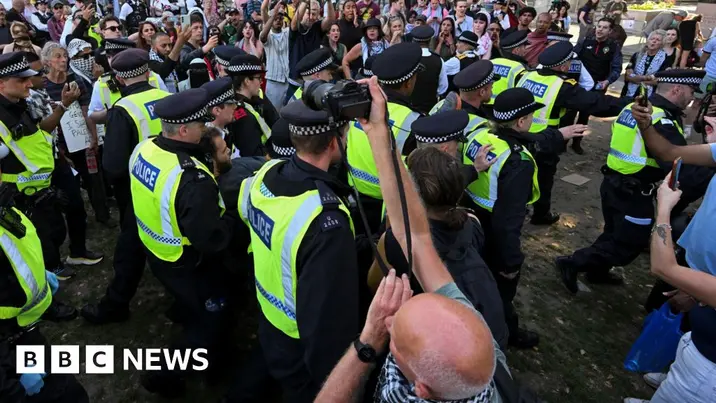T4K3.news
Palestine Action Ban Spurs UK Debate
The Home Secretary defends the proscription while rights groups warn of civil liberties risks.
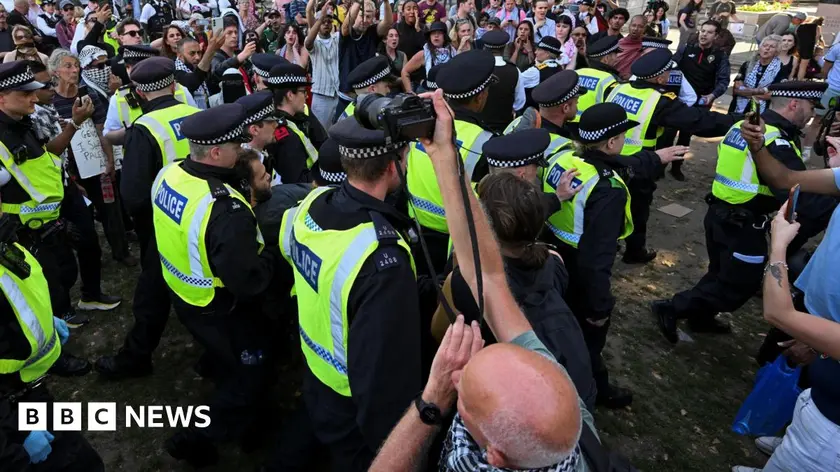
The government defends the ban on Palestine Action as a security measure while critics warn about civil liberties.
Palestine Action Ban Intensifies UK Politics
Britain has moved to proscribe Palestine Action, making membership or support a crime with a maximum penalty of 14 years in prison. The government says the group has been involved in violent acts and caused major damage to national security infrastructure. Over the weekend, hundreds protested outside Parliament and police arrested 532 people in connection with the demonstrations.
Yvette Cooper said some observers may not grasp the full nature of the organisation because reporting is restricted during ongoing trials, but she stressed that the group is not a non-violent organisation. A government spokesman cited clear security assessments ahead of the ban and noted that the Joint Terrorism Analysis Centre lists three acts linked to the group, without detailing them. Amnesty International criticized the response as disproportionate and warned that broad terrorism laws risk curbing free expression. The prime minister has suggested a Palestinian state could be recognised in September if Israel takes substantive steps to end the Gaza crisis.
Key Takeaways
"This is not a non-violent organisation"
Yvette Cooper on Palestine Action
"These arrests demonstrate that our concerns were justified"
Sacha Deshmukh Amnesty International
"Palestine Action was proscribed based on strong security advice"
Government spokesperson
"Security decisions must protect rights as well as safety"
Editorial perspective
The decision sits at the crossroads of safety and civil liberties. Proscription signals that Britain is willing to use broad legal tools to deter confrontations at home, but it risks shrinking space for peaceful protest and political debate. The clashes between security needs and individual rights are not new, yet this case brings them into the spotlight amid Israel and Hamas fighting and a mounting humanitarian crisis in Gaza.
Public reaction is likely to widen the political divide. Rights groups warn that the law could be used to chill dissent, while supporters say it prevents serious harm to critical infrastructure. In the weeks ahead, policymakers will face questions about how to balance urgent security concerns with democratic rights and journalistic freedom.
Highlights
- This is not a non violent organisation
- These arrests demonstrate that our concerns were justified
- Palestine Action was proscribed based on strong security advice
- Security decisions must protect rights as well as safety
Risk to civil liberties and political backlash
The use of broad terror laws to proscribe a protest group raises concerns about freedom of expression and government overreach, signaling potential political backlash and public debate.
The coming weeks will test how far security power can go in a crowded political landscape.
Enjoyed this? Let your friends know!
Related News
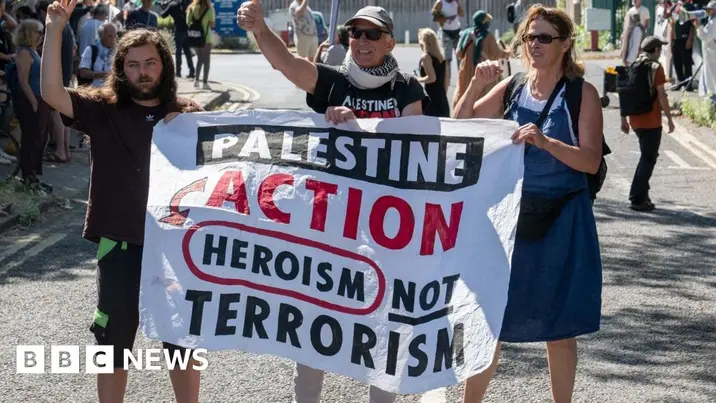
UK court rules Palestine Action can challenge ban
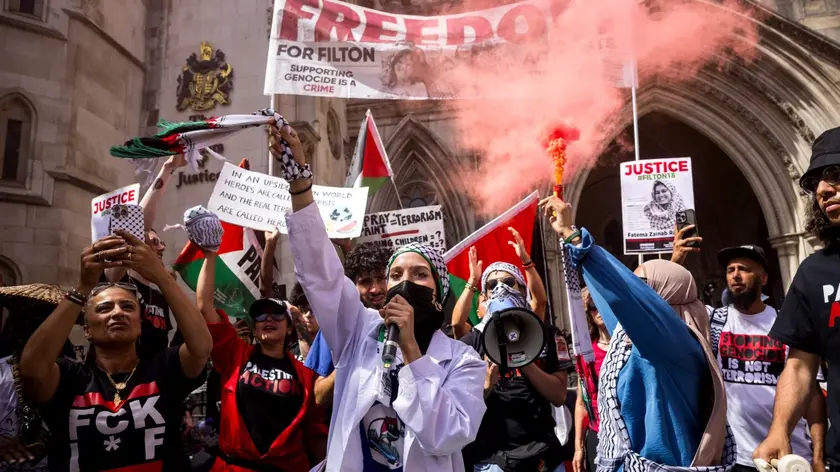
UK government bans Palestine Action amid rising support
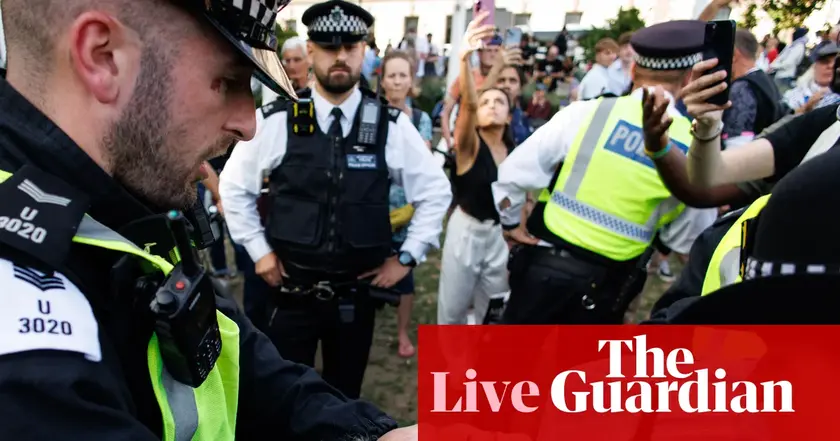
Palestine Action ban defended in UK politics
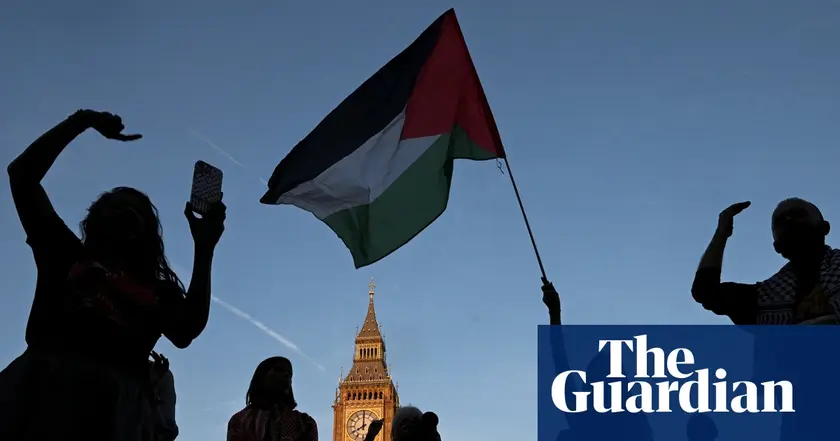
Labour peers question Palestine Action ban
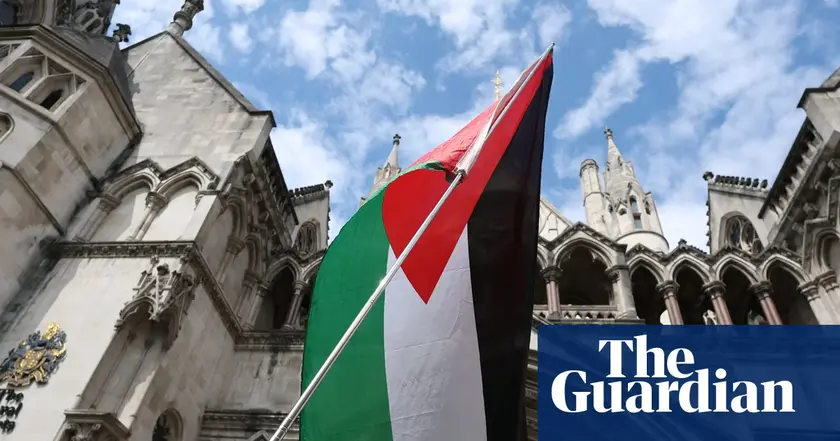
Scholars urge UK government to lift Palestine Action ban
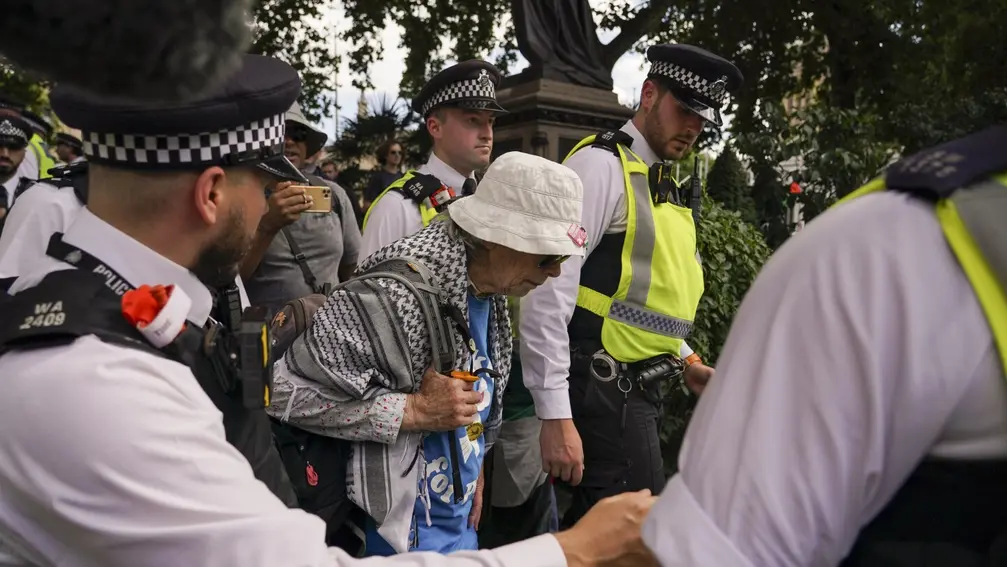
Protests test Britain's balance after ban
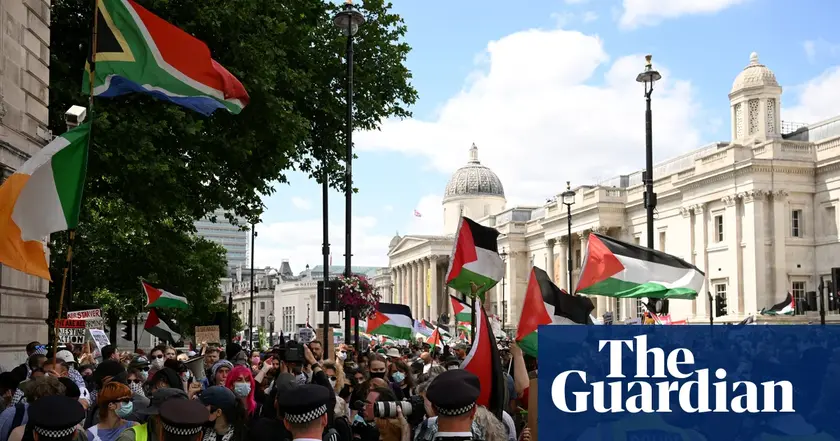
Protest rights under new UK terrorism designation
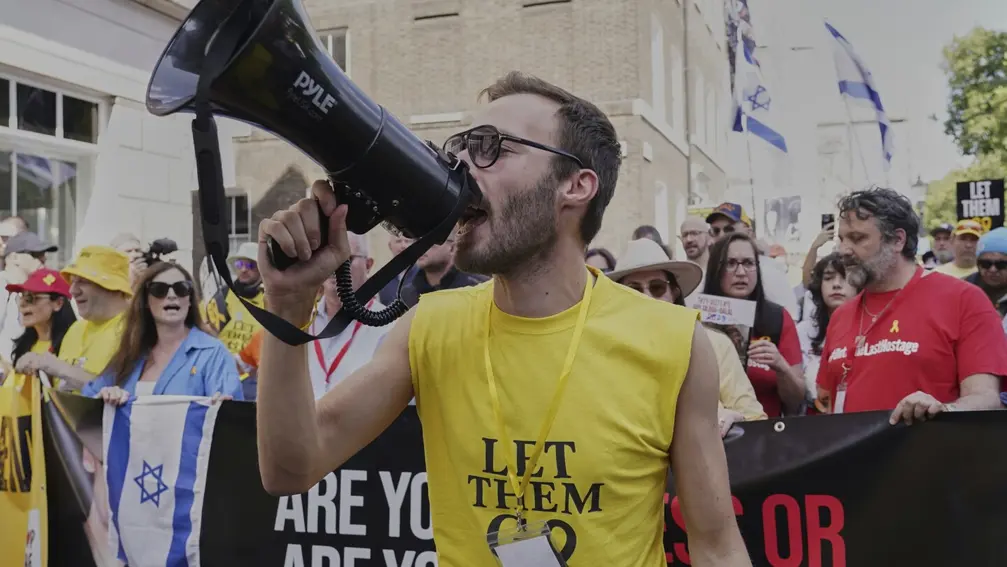
London Gaza hostage march
